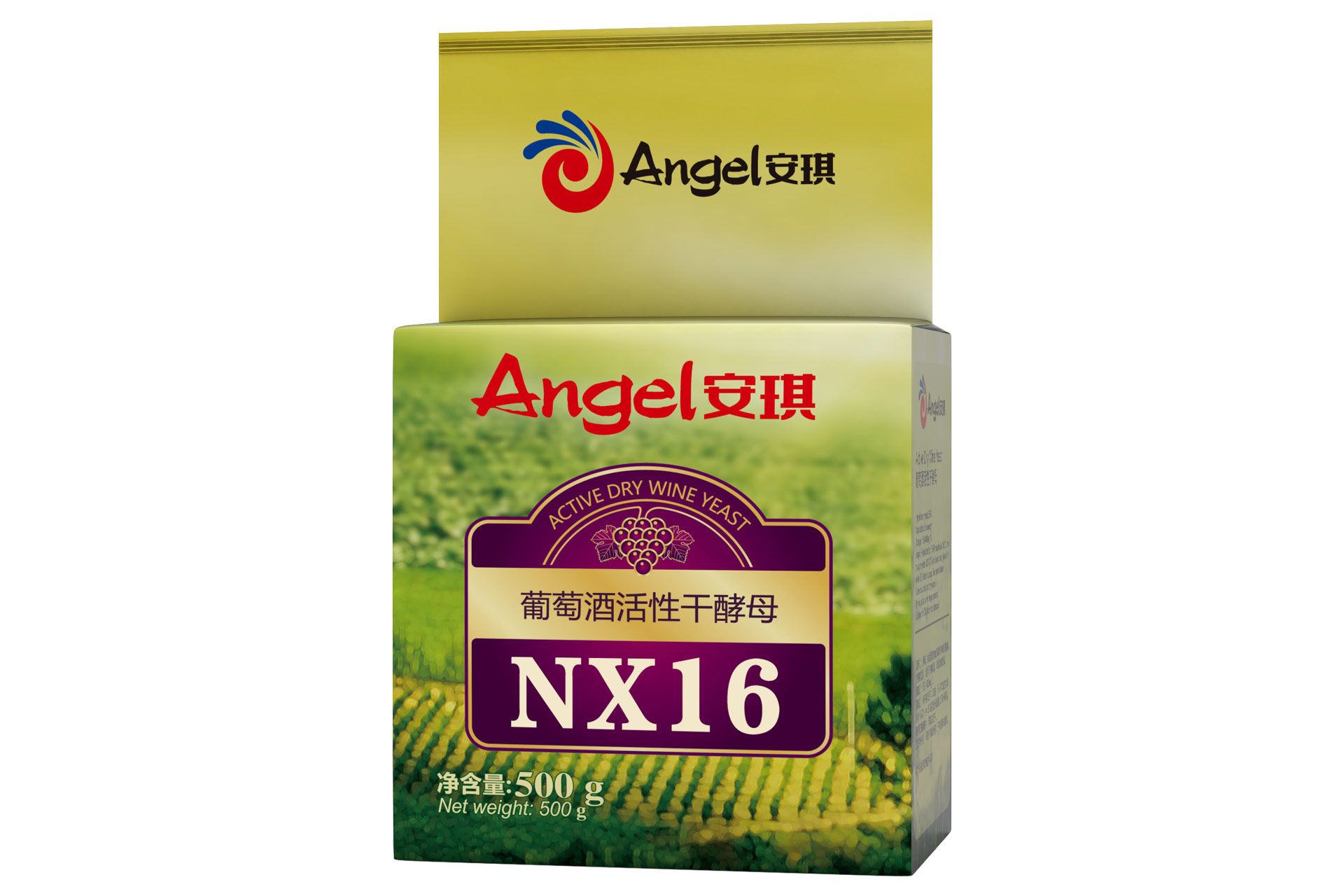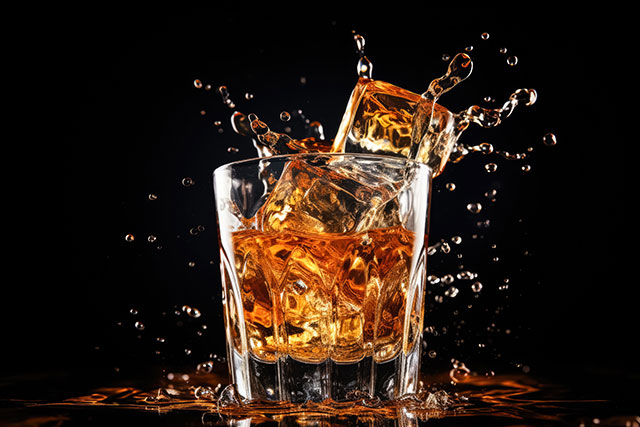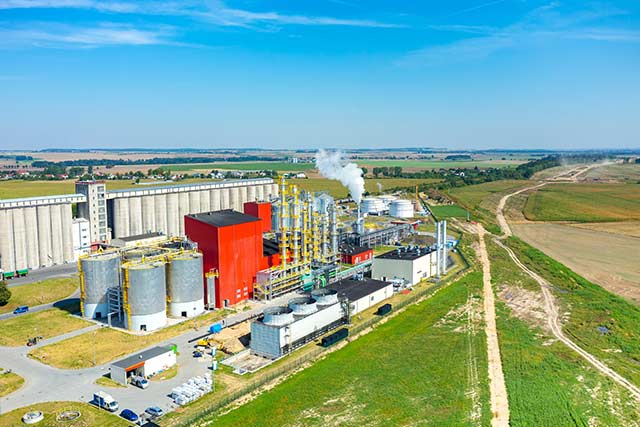
Product Description
NX16 is isolated from Ningxia by the research group leading by Professor Yanlin Liu at Northwest A&F University in China. NX16 exhibits a short lag phase, excellent fermentation capacity, and robust tolerance to poor fermentation conditions, where it demonstrates smooth and stable performance during alcoholic fermentation. NX16 is recommended for classic white wines such as Chardonnay and Riesling. When used for vinification of neutral or aromatic grape varieties, NX16 produces white wines with high aromatic intensity.
Fermentation Characteristics
- Fermentation temperature range: 10-32°C
- Alcohol tolerance: ≥16%vol
- Nitrogen requirement: moderate
- Production of volatile acidity: low
- Production of H₂S: low
- Production of foam: low
- Competitive factor: negative
Protocol for Use
1. Rehydration Without Yeast Nutrition
Dosage: 20 to 40 g/hL
Rehydrate the yeast using water at 10 times its weight, with a temperature range of 35 °C to 40 °C.
Resuspend the yeast by gently stirring, and wait for 20 minutes.
Blend the rehydrated yeast with a bit of juice/must, gradually acclimating the yeast suspension temperature to within 5-10 °C of the juice/must temperature.
Inoculate into the juice/must.
2. Rehydration with Nutri-Rehyd
In the situations of tough fermentation conditions (high potential alcohol, over clarified must, low temperature), rehydrating yeast with Nutri-Rehyd is recommended. Carry out the rehydration procedure according to the selected Nutri-Rehyd product's instructions.
Storage and Shelf Life
Store in original sealed packages, in a cool and dry environment. Shelf life at the recommended conditions is 42 months. After opening the yeast must be used as soon as possible. Avoiding long-term storage at temperature above 30 °C.
Tips
The difference between the yeast and must temperatures should not exceed 10 °C during inoculation.
Fermentations using active dry yeast can reduce the risk of contamination by wild yeast and harmful microorganisms.
The rehydration process must not exceed 30 minutes.







